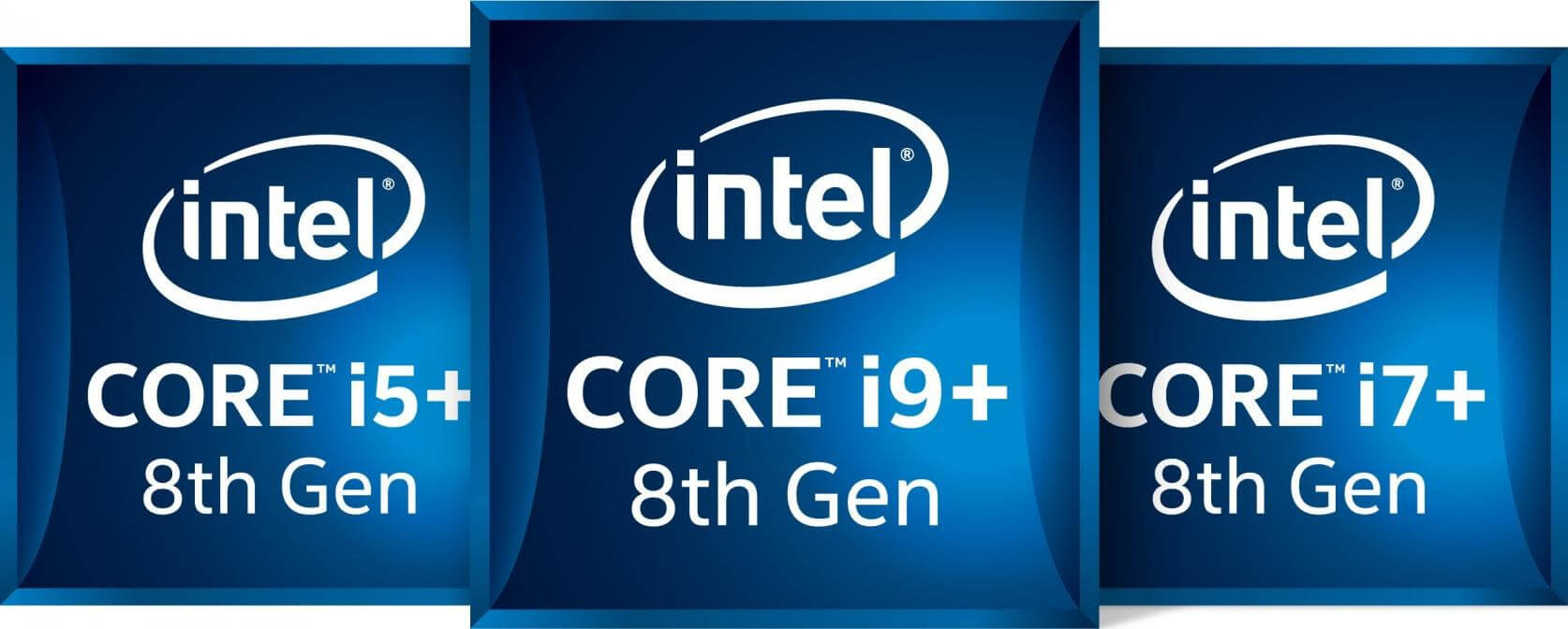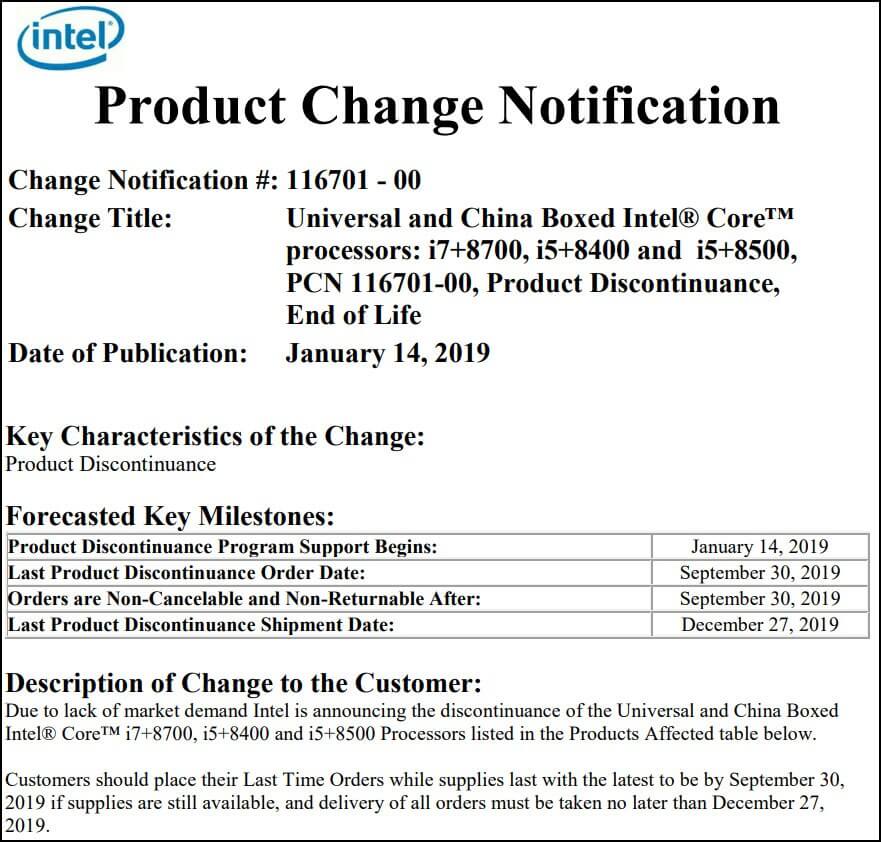Why it matters: After only introducing it last year, Intel is killing off its Core+ desktop brand that bundles CPUs with Optane Memory modules. The company said a “lack of market demand” was behind the decision to discontinue the line.

Intel announced Core+ back in April last year. The packages include both the company’s standard Coffee Lake processors and a 16GB Optane Memory stick, which can speed up systems by storing commonly used data in a memory cache so it can be accessed faster. The company says that when Optane is paired with a hard disk (it can also be paired with an SSD), games load up to 4.7 times faster and media loads up to 1.7 times quicker than when using a hard drive alone.

In its product change notification, spotted by Tom’s Hardware, Intel announced the discontinuation of the Core i7+8700, i5+8400, and i5+8500 models by September 30, assuming supplies are still available. Delivery of orders must be taken no later than December 27. These represent all of the desktop Core+ line.

Several factors are likely to have contributed to the brand’s demise. In addition to there being little to no savings compared to buying a CPU and Optane Memory separately, NAND prices are continuing to fall, meaning the cost of SSDs has been going down over the last couple of years.
Back in July, Micron announced it intended to buy Intel’s stake in IM Flash Technologies, a joint venture between the two companies. IM Flash is the only producer of 3D XPoint memory, which Intel calls Optane. On Monday, Micron said it would exercise its right to buy out its partner.
Speaking about Micron’s decision, Intel said: “This was expected and has been part of our planning for some time now.”
While Optane hasn’t been the success Intel was hoping for, it seems the technology isn’t going away completely. “We have a number of manufacturing options available to us and have been shipping a broad portfolio of Intel Optane technology products for more than a year. We’ll continue to expand our product line and lead the industry with this exciting, new technology,” a spokesperson said, in a statement to PC World.
https://www.techspot.com/news/78294-intel-discontinuing-core-cpuoptane-desktop-bundles.html